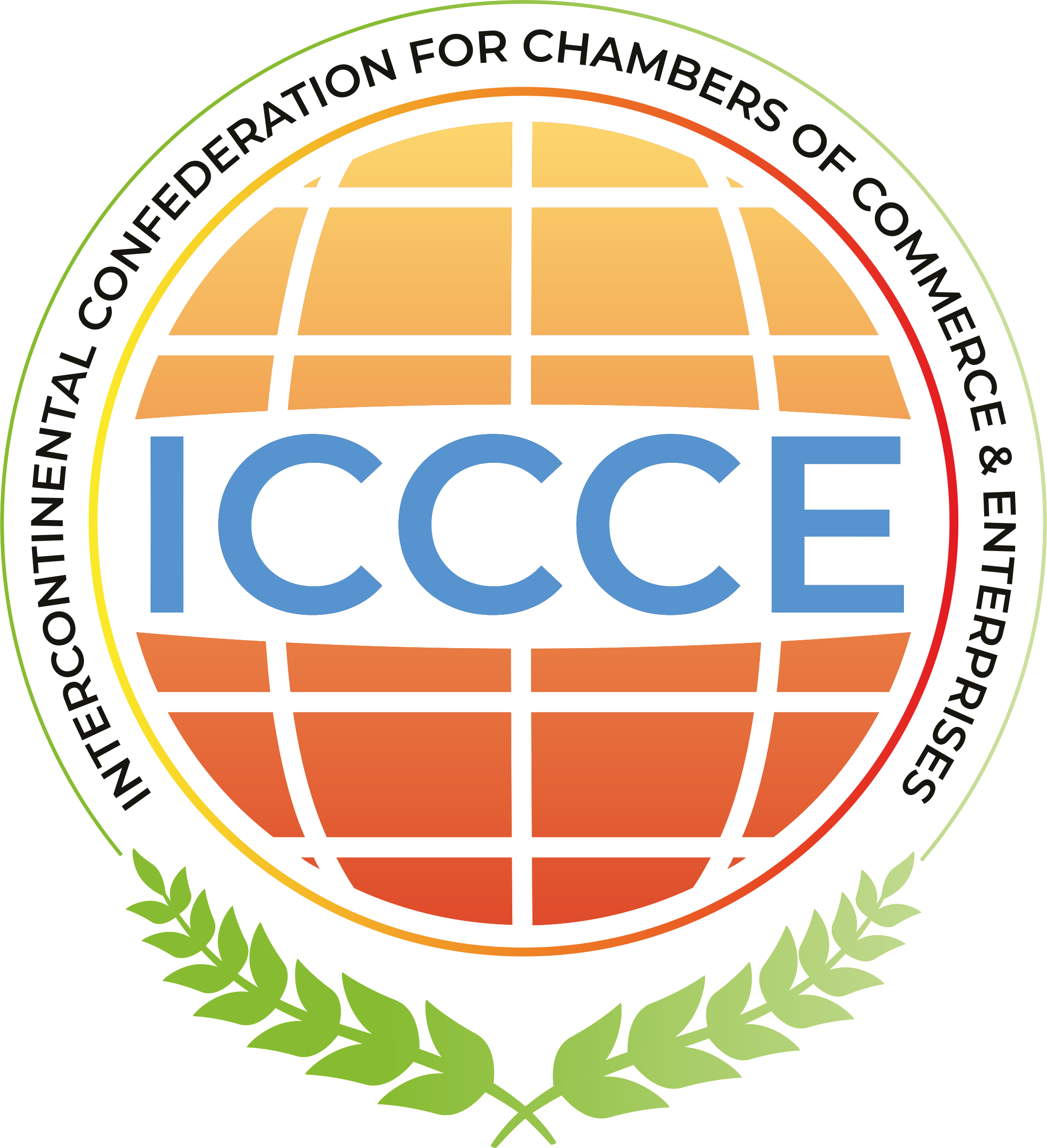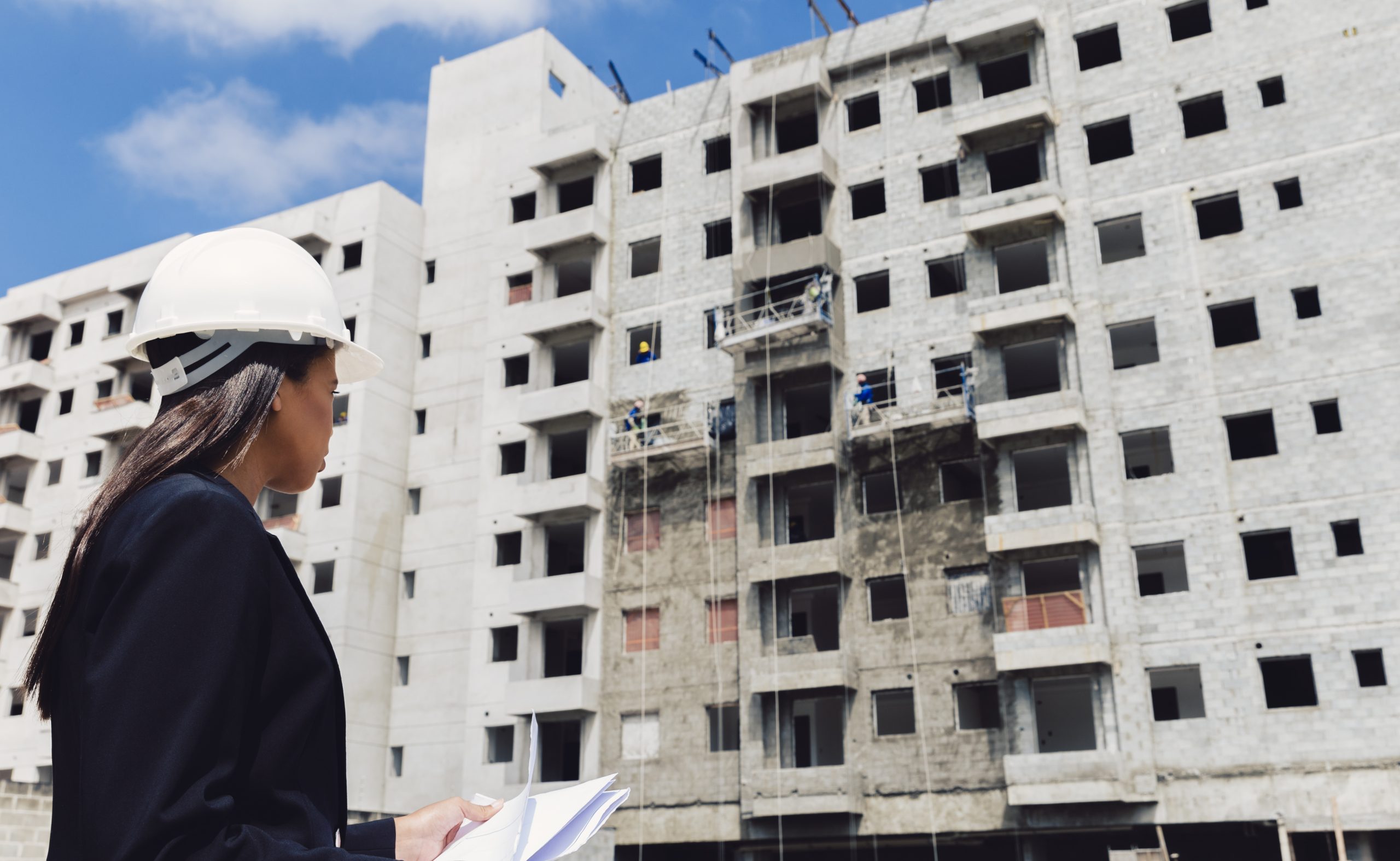The country is facing an ongoing liberalization and privatization. This progress opens up enormous opportunities to invest in private sectors especially in the information technology and telecommunication sectors. This sector includes the distribution of cellular phones and internet services. The country is very much potential in this sector.
At recent times, Kenyan oil market is spread through all major countries. Many major oil markets are being facilitated by the production of this country. It is a very profitable sector for the investors to invest their money. Investors can invest money individually or they can work in joint venture. Both will be profitable.
Kenya experienced a huge development in the industrial and commercial sectors. The country is now in need of establishing a commercial bank. This is an excellent chance for the investors to expend their money in this sector as there is a huge requirement of money.
Kenya has a huge scope in textile industry. There is chance and potentiality of investment in synthetic fibers and dyes. Investors can spend money up on the sectors of making garments for European and American markets. There are also chances in cotton growing, ginning, spinning and weaving.




